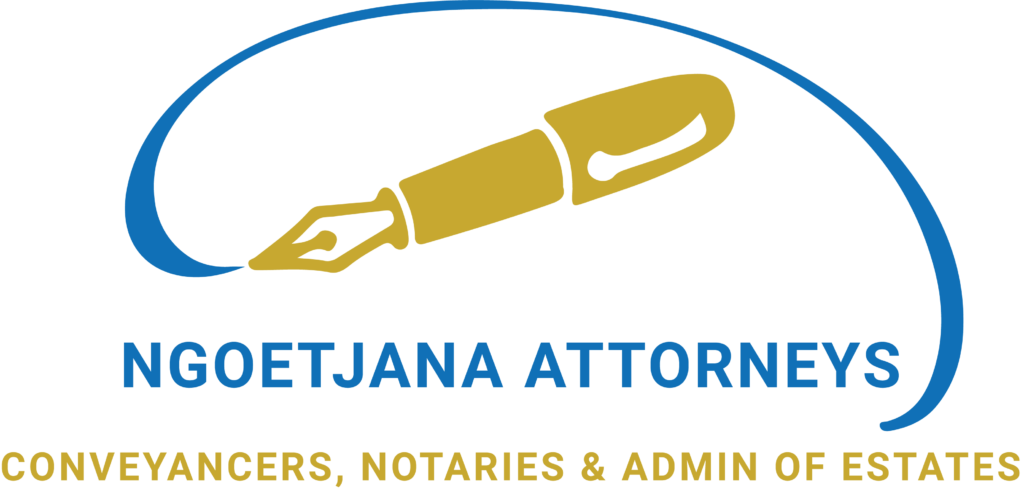Conveyancing Attorneys in Alberton
We provide legal support and guidance to clients throughout Alberton who are seeking assistance with the transfer of real estate property. Our team of experienced conveyancing attorneys in Alberton is dedicated to helping you navigate the complex legal landscape of property law and ensuring that your property transaction proceeds smoothly.
We understand that buying or selling a property can be a stressful and overwhelming process. That’s why our conveyancing lawyers in Alberton are here to provide you with the legal expertise you need to make informed decisions and achieve a successful outcome.
We at Ngoetjana Attorneys pride ourselves in making sure that your transfer goes smooth with no hassle but the process can take up to 3 months even though we try and make it lesser. We take a client-centric approach and prioritize clear and open communication throughout the conveyancing process.
We also make sure we send weekly updates regarding the real estate transfer so that all the parties are aware of how far their matter is attached in the process of transferring a property. Our conveyancing services in Alberton include but are not limited to:
At Ngoetjana Attorneys, we believe in providing our clients with the highest level of conveyancing service in Alberton. We are committed to delivering cost-effective and efficient solutions to meet your needs and exceed your expectations.
If you need assistance with a property transaction, contact us today to schedule a consultation with one of our experienced conveyancing team members. Let us help you navigate the legal complexities of property law and achieve a successful outcome.
Frequently Asked Questions
1. What is conveyancing?
Conveyancing is the legal process of transferring ownership of a property from one person to another. It involves a series of steps, including due diligence investigations, drafting and reviewing sale agreements, and registering and transferring ownership.
2. Why do I need a conveyancing attorney?
A conveyancing attorney is essential for ensuring that your property transaction proceeds smoothly and that your legal rights are protected. They have the legal expertise to navigate the complex legal landscape of property law and can provide you with valuable advice and guidance throughout the process.
3. How long does the conveyancing process take?
The conveyancing process can vary depending on the complexity of the transaction and the efficiency of the parties involved. On average, the process takes between 6 and 8 weeks.
4. What is the Deeds Office?
The Deeds Office is a government agency responsible for the registration and management of property transactions. All property transfers must be registered with the Deeds Office to be legally recognized.
5. What is due diligence?
Due diligence is the process of investigating a property to identify any potential issues or risks. This can include verifying ownership, checking for liens or encumbrances on the property, and assessing the condition of the property. A thorough due diligence investigation is essential for identifying any potential problems before they become costly legal issues.
6. What is the difference between transfer duty and conveyancing fees?
Transfer duty is a tax paid to the government for the transfer of ownership of a property. Conveyancing fees are the fees charged by a conveyancing attorney for the legal work involved in the transaction.
7. What is a title deed?
A title deed is a legal document that proves ownership of a property. It includes information such as the property’s location, size, and ownership details.
8. What is a bond?
A bond is a loan taken out to finance the purchase of a property. The bond is secured against the property and must be registered in the Deeds Office before the property can be transferred to the new owner.
10. What fees are involved in a property transaction?
Property transactions involve a range of fees, including transfer duty, conveyancing fees, and bond registration fees. These fees can vary depending on the value of the property and the type of transaction.
10. What is a notary public?
A notary public is a public official authorized to perform certain legal functions, such as witnessing the signing of documents and certifying their authenticity. We also provide notarial services.




